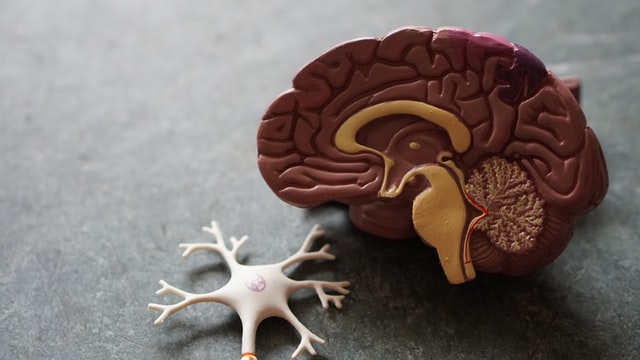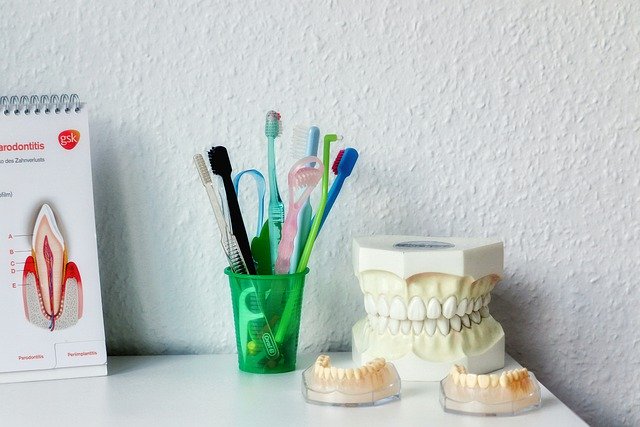Patients with chronic gum disease at a 6% higher risk for dementia
When we start visiting the dentist as children, the importance of brushing and flossing our teeth is something that is stressed from the outset. While many people dread flossing and do not devote ample time to it, flossing is a critical aspect of oral hygiene since it helps to remove food particles that lead to inflammation in the gums, a condition commonly known as gingivitis.
Gum disease or gingivitis which goes untreated may progress to a condition called periodontitis , in which inflammation and resulting infection in your gums spreads to the bone that supports your teeth.
Periodontitis is the most important cause of tooth loss in adults. It has also been linked to elevated risk for developing diabetes, osteoporosis, coronary artery disease, pneumonia and cancer. At the same time, periodontitis may also represent a risk factor for developing dementia, one of the leading causes for disability in older adults.
In fact, based on population and research data, the United Nations (U.N) estimates that 1 in 85 people will be diagnosed with Alzheimer's dementia by 2050. At the same time, mitigating potential risk factors that lead to dementia and Alzheimer's disease (coronary artery disease, stroke, diabetes, high blood pressure and elevated cholesterol) could also lower older adults' chances of developing those conditions.
Continue reading



